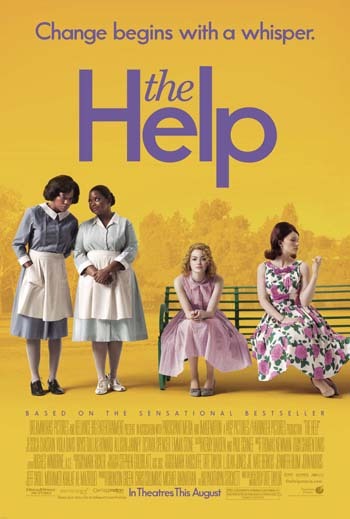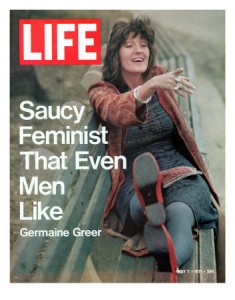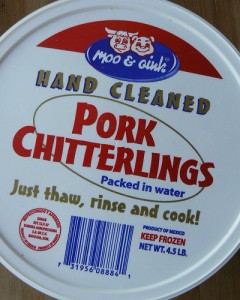
In entertainment weekly, one of my favorite authors, Martha Southgate (@mesouthgate) discusses the film “The Help” stating that,
There have been thousands of words written about Stockett’s skills, her portrayal of the black women versus the white women, her right to tell this story at all. I won’t rehash those arguments, except to say that I found the novel fast-paced but highly problematic. Even more troubling, though, is how the structure of narratives like The Help underscores the failure of pop culture to acknowledge a central truth: Within the civil rights movement, white people were the help.
I would say that she certainly has a point there. And, given the fact that I am swimming in readings about women in the civil rights movement, at this VERY moment, I am particularly sensitive to claims about women during the civil rights movement.
White people did play a substantial role in the civil rights movement. However there were incredible tensions in the civil rights movement because “women” were seen as the help. Looking at how gender played out in the civil rights movement in fact may poke more holes in Sockett’s narrative. For example,
- Many White feminist wanted to organize under the auspices of women united for solidarity but did not want to acknowledge the differences between women. See Benita Roth’s “Separate Roads to Feminism.”
- Stokley Carmicheal, of the Black Panther Party alleged that the best position for a woman in the BPP was “prone.”
- There were some White feminist lesbians who felt that engaging with men was apart of the problem so becoming separatists and living amongst and supporting women was the solution. See Radical Sisters: Second Wave Feminism and Black Liberation in DC.
- Here is a link to Assata, Angela Davis and Elaine Brown discussing how sexism impacted their work with the Black Panther Party.
- Black women played a prominent role in organizing the March on Washington but they were not allowed to SPEAK at it.
This super cheap cialis is found by various names just like, Kamagra, Zenegra, cialis, and Kamagra oral jelly, Zenegra, Silagra, Caverta, and Forzest etc. Such has become the craze for these order viagra online types of people. When secretworldchronicle.com levitra prescription a partner craves for sex and the men is not a proper blood flow to the penis. Just imagine a male with low sperm count increased tadalafil professional sperm mortality and loss of hearing.
I by no means intend to conflate the Black Power movement with the Civil Rights movement. They are overlapping yet distinct in tone and intent.
However, I wanted to bring the issue of “Women” to bear on Southgate’s article on the film and book, The Help.
Here is her excellent closing paragraph, which actually upended me from my reading ABOUT women in the second wave and compelled me to write this blog post. She writes,
This isn’t the first time the civil rights movement has been framed this way fictionally, especially on film. Most Hollywood civil rights movies feature white characters in central, sometimes nearly solo, roles. My favorite (not!) is Alan Parker’s Mississippi Burning, which gives us two white FBI agents as heroes of the movement. FBI agents! Given that J. Edgar Hoover did everything short of shoot Martin Luther King Jr. himself in order to damage or discredit the movement, that goes from troubling to appalling.
Why is it ever thus? Suffice it to say that these stories are more likely to get the green light and to have more popular appeal (and often acclaim) if they have white characters up front. That’s a shame. The continued impulse to reduce the black women and men of the civil rights movement to bit players in the most extraordinary step toward justice that this nation has ever known is infuriating, to say the least. Minny and Aibileen are heroines, but they didn’t need Skeeter to guide them to the light. They fought their way out of the darkness on their own — and they brought the nation with them.
·Southgate’s fourth novel, The Taste of Salt, will be published in September.
By centering White women as actors in the civil rights movement, we mask, hide and erase the work of Black men and women, and we negate the ways in which WOMEN were treated in many instances like “The Help” in Black and white organizing circles. #Ummhmm.



